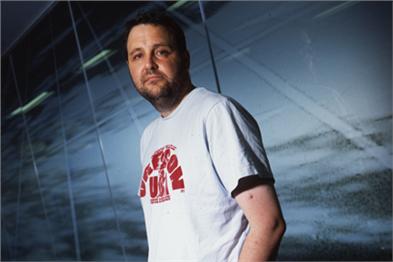I think it has probably been writers. Everyone else has had to learn a ton of fundamental new skills. Most writers haven't had to bother. Sure, there has been blogging and Twittering and learning to cope with links, but their tools and challenges haven't changed in drastic ways. While software has destroyed many of the jobs on the art/design side of the business, writers have just hunkered over their keyboard and tried not to get noticed. Indeed, if anything, they've become more valuable. The web is still, at heart, a place based on text.
However, that might be changing. Software is starting to learn the writer's art - and robots could soon be writing the words in your ads.
Consider, for example, the company Narrative Science, whose promise is: "We transform data into stories and insights." What this seems to mean is that it can take a stack of data and turn it into text. It can take a baseball score and write a report of the match, or take a company's data and write a report on that company. Online magazines are already using technologies like this to "write" content for their pages. And in places where journalism is already incredibly formulaic, a piece of software can do a pretty good job of replicating a human. It can certainly be quicker and cheaper.
Or look at Twitter accounts such as @markovchocolate or @alain_de_bot. These take a corpus of text - in one case, the descriptions off the back of a chocolate box; in the other, the Tweets of Alain de Botton - and use a process called Markov chaining to "write" new content. They automatically generate fresh new ideas and phrases that echo the style of their "inspirer". Now, of course, it's extremely unlikely that any of these Tweets will make real sense - the software isn't that smart - but they don't really have to. They succeed by snagging the brain with unusual, interestingly jarring phrases and constructs - in almost exactly the same way that good copywriting does.
Software is already making decisions about copy when optimising things such as Google ads, so it seems inevitable that, as the world demands more and more content, "regular" copy will soon have an element of robot generation. I love that idea. I love the thought that agency heads of copy will soon be like mad scientists tuning and pruning vast copy farms, feeding their bots with brand-appropriate vocabulary and client-approved jokes and sitting back to watch acres of copy being spun on to the internet. Would you mind if you knew it had been written by a computer? Did you mind that this was?


